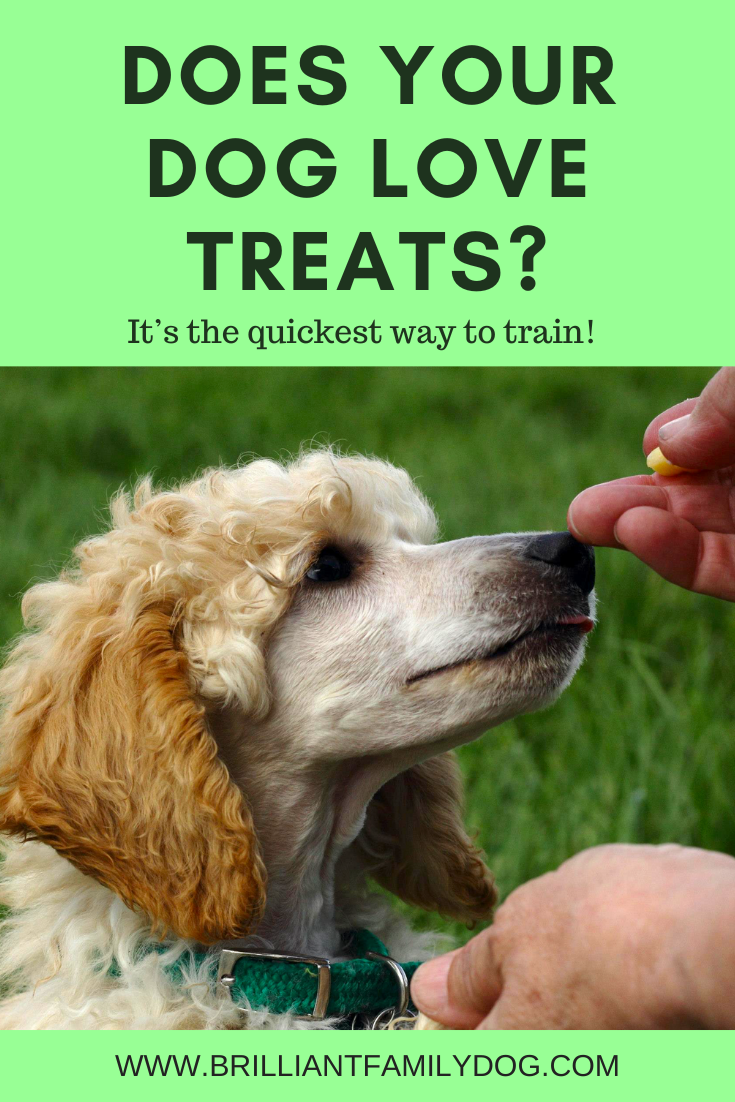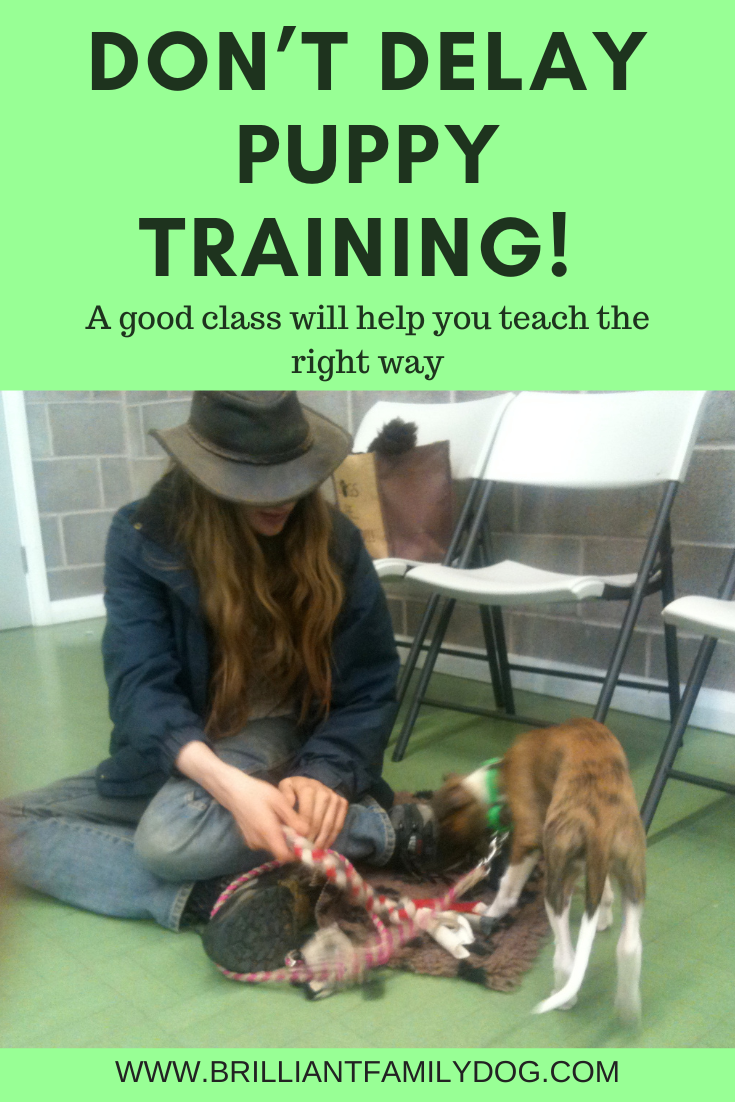This statement is usually made by people who think that reward-based training won’t work for them, as their dog “doesn’t like food”, or “won’t eat”.
If their dog really doesn’t like food at all, I guess he’s not long for this world!
But they usually mean that their dog has no interest in treats, or - more likely - no interest in treats when out.
There are two things at play here.
What treats are you offering?
What is happening to cause your dog not to want them when out?
Point 1: What treats?
Let’s look at Point 1 first - it’s the easy one, and most easily resolved.
If you want to reward your dog, you have to use something he finds rewarding!
Obvious, you may think, yet apparently not so.
I would not find oranges remotely rewarding, for instance, good though they may be. But chocolate … ah, now I’ll jump through hoops for you!
So you have to work through a bit of trial and error to find what your dog really likes. Of course he may prefer playing with a toy, and that’s fine - but for many things we want to teach, rewarding with food is by far the most efficient and fast method.
With my puppy I’ve been using a great variety to see what hits the spot. Fingerfuls of his raw food are always a hit, or snipped up bits of chicken carcase (wings are easiest). But I also use dried liver, dried sprats, cheese, sausage, and high-quality kibble or treats for everyday rewards. The best stuff is kept for the most challenging situations, and for teaching something new.
Once they get the “cue-MARK-reward” sequence, you can use absolutely anything for your reward. It’s the cue that actually becomes the reward in their brain. The cue may be a vocal cue like SIT; or a hand signal; or an environmental signal, like hand on door-handle - see this post for training your dog to sit and wait at all doors.
If someone invites you to a party, you are happy and excited right away. You don’t stay dull and ordinary for two weeks till after the party, then become excited!
That’s a juicy bit of science for you to digest. And this is why dog training becomes easier and easier, and it’s less and less important what treat you choose.
Though I do emphasise that in distracting or challenging situations (for some dogs this is anything outdoors) and for teaching something new, you need the “crack cocaine cookies” (thanks Susan Garrett!)
Point 2: So why won’t he eat them?
If someone were holding a gun to your head, would you be inclined to accept my piece of chocolate cake, however gooey?
If you thought you saw a rat running across your path, would you enjoy a chat and a biscuit?
No! You have to be in a relaxed and receptive state of mind to take food (unless you are literally starving).
If you’re distracted, frightened, thought you just heard something spooky, you’re not going to have any interest in taking food.
The first thing on your agenda may be survival! Fight or flight! Freeze or Flock (cling to someone safe)!
So you’ll need to get your dog out of this situation which is overwhelming him before you can have any hope of him accepting a reward.
a) If he’s frightened or anxious, your dog is in an emotional state.
b) If he’s comfortable and learning, he’s in an operant state.
In simple terms, in a) he is unable to make decisions. Rewards are inappropriate.
In b) he is operating on his environment and experience of the moment and is making decisions for which he may be rewarded.
Because as we know, that which is rewarded is more likely to be repeated.
We go into much more detail on the science behind dog training, and just why your dog does what he does, when he does, in the Brilliant Family Dog Academy.
Want to learn more? Start with our free Workshop which will give you some techniques along with the science behind them.




















